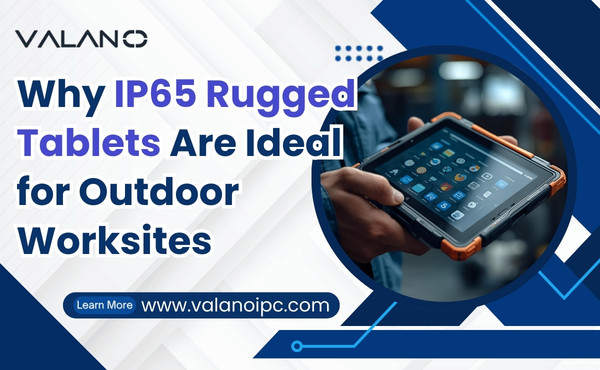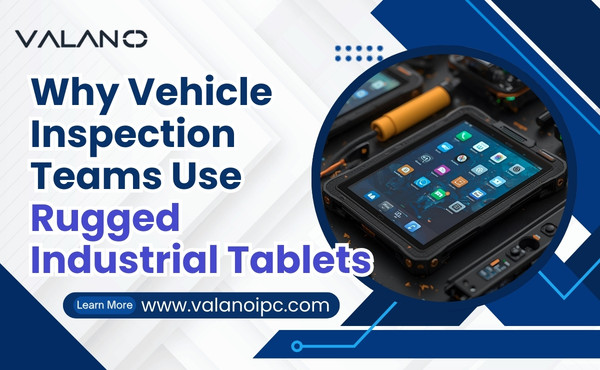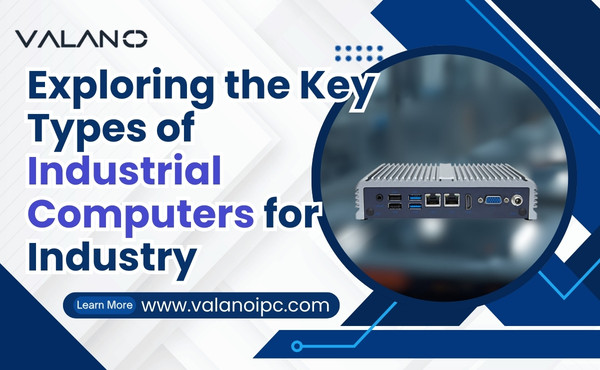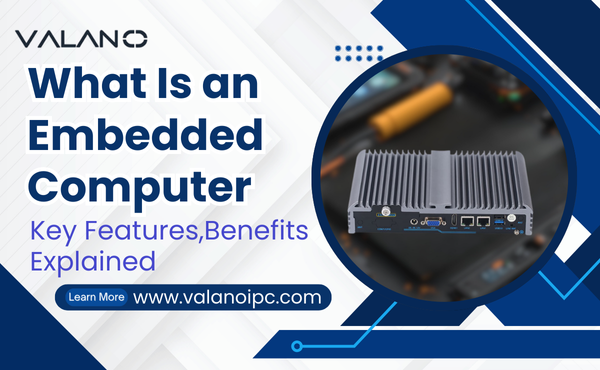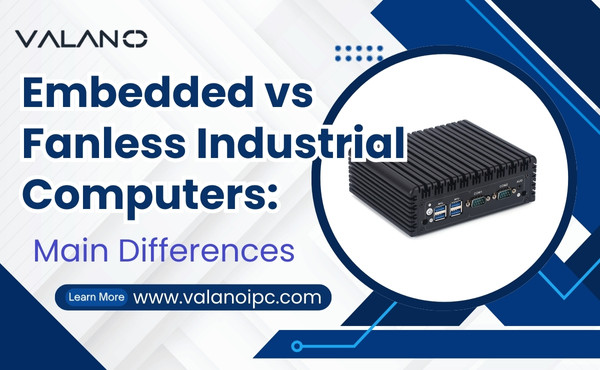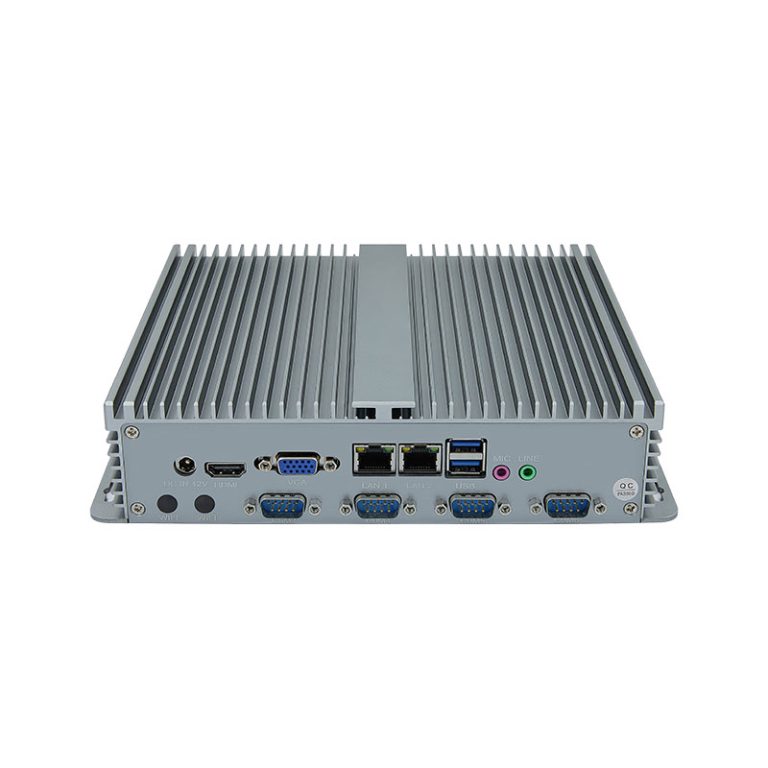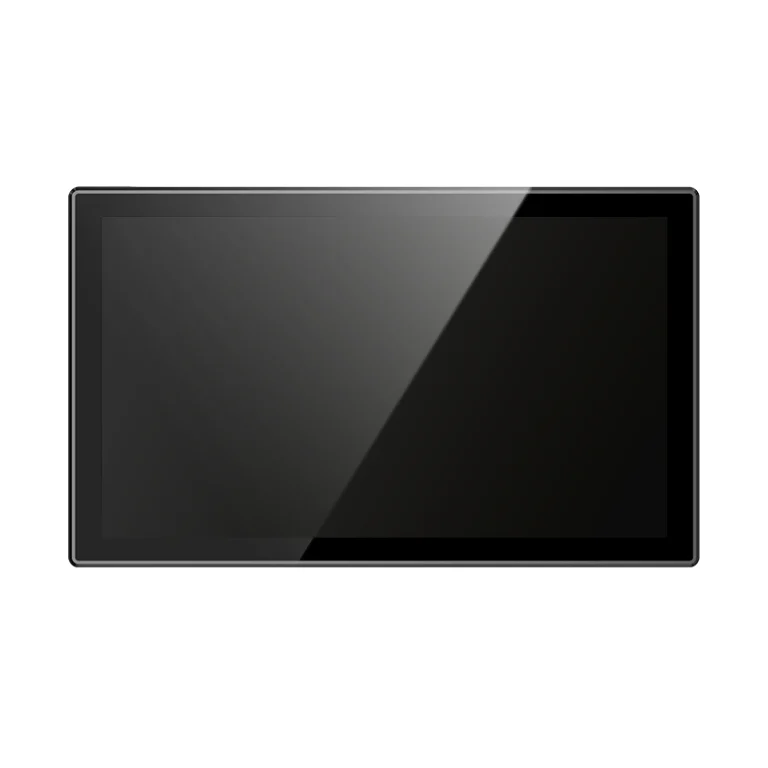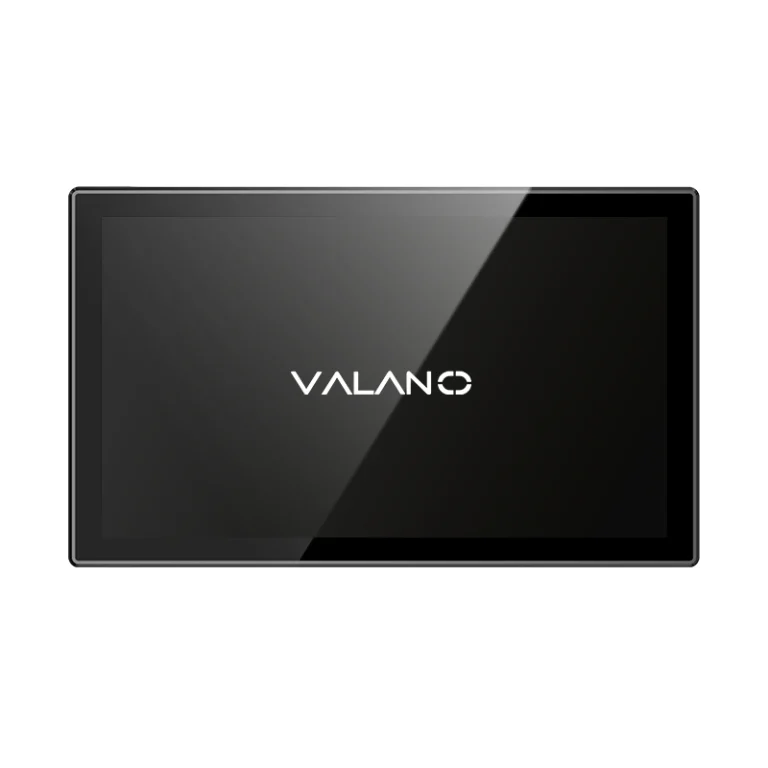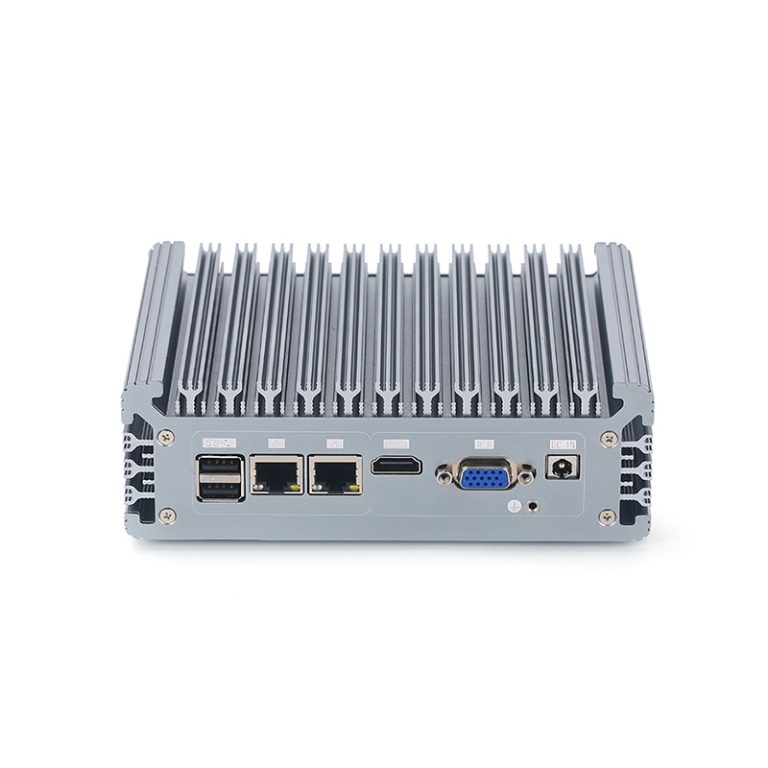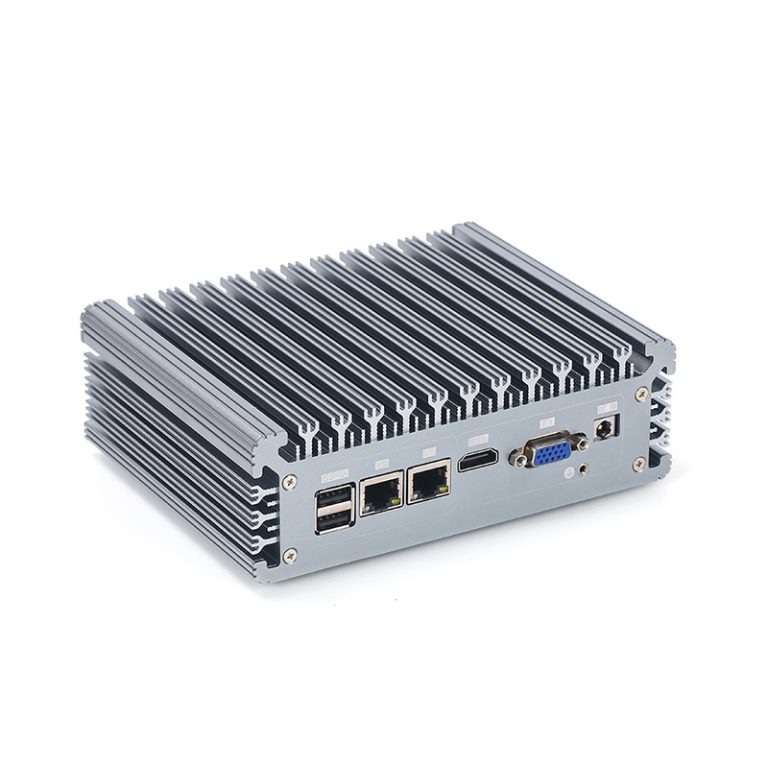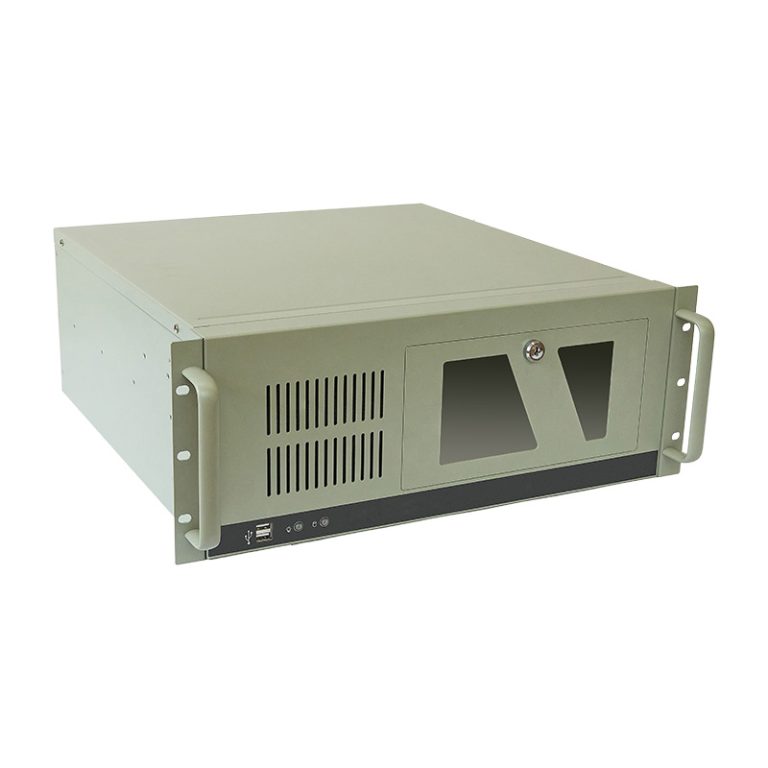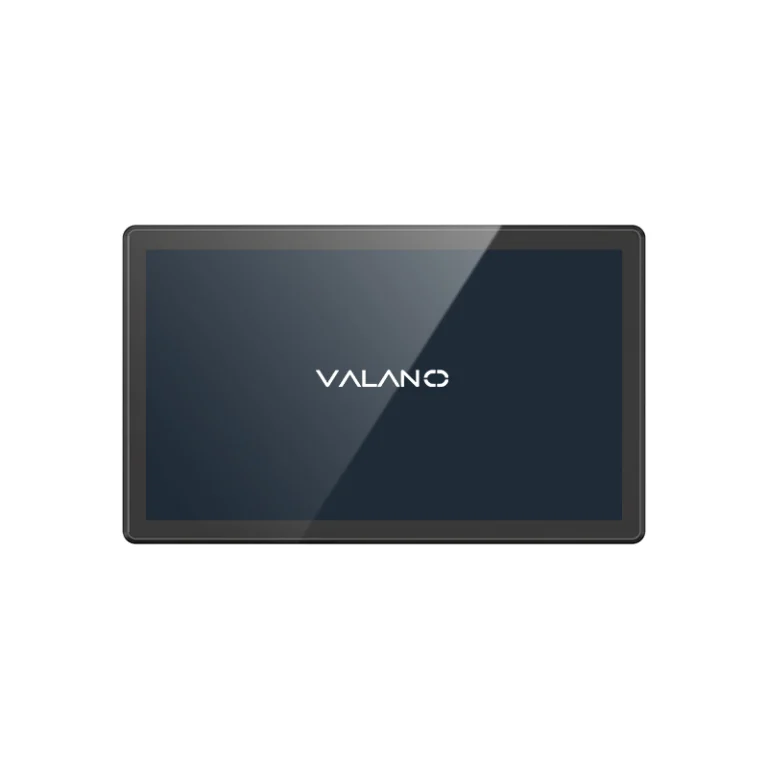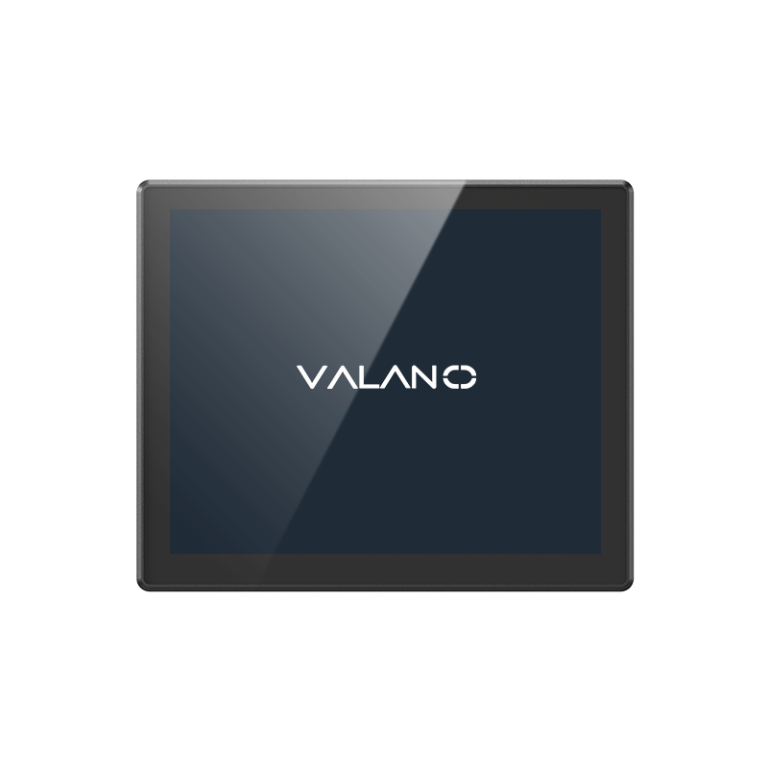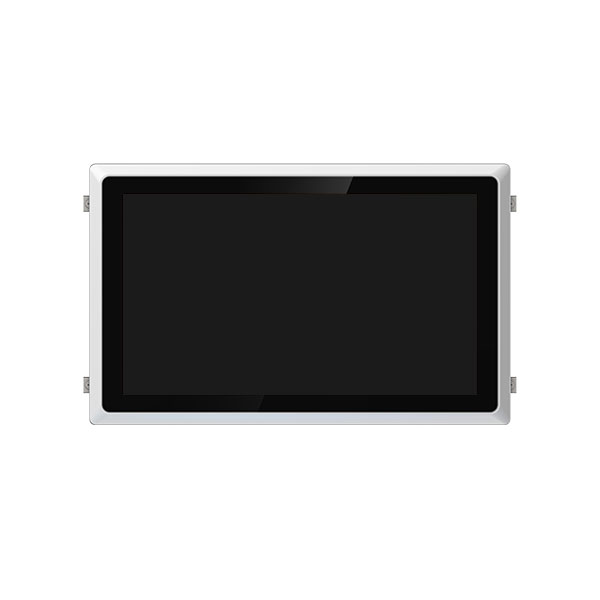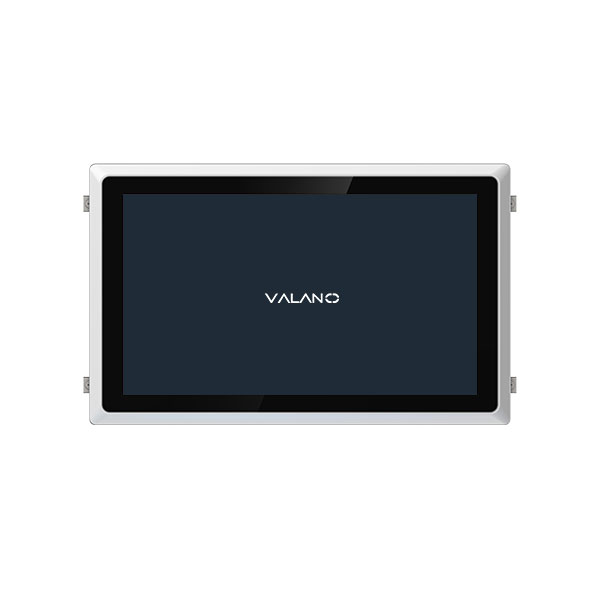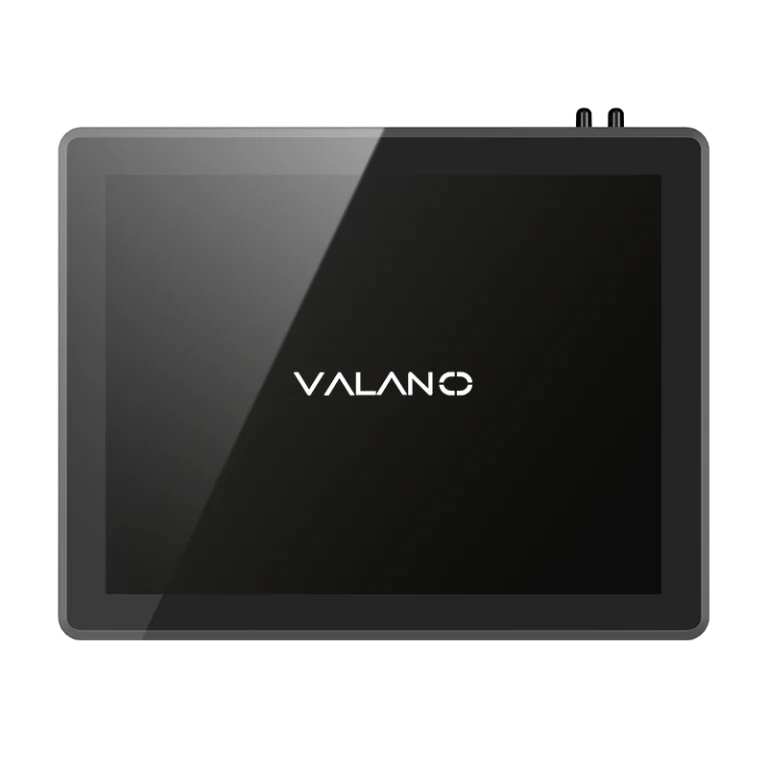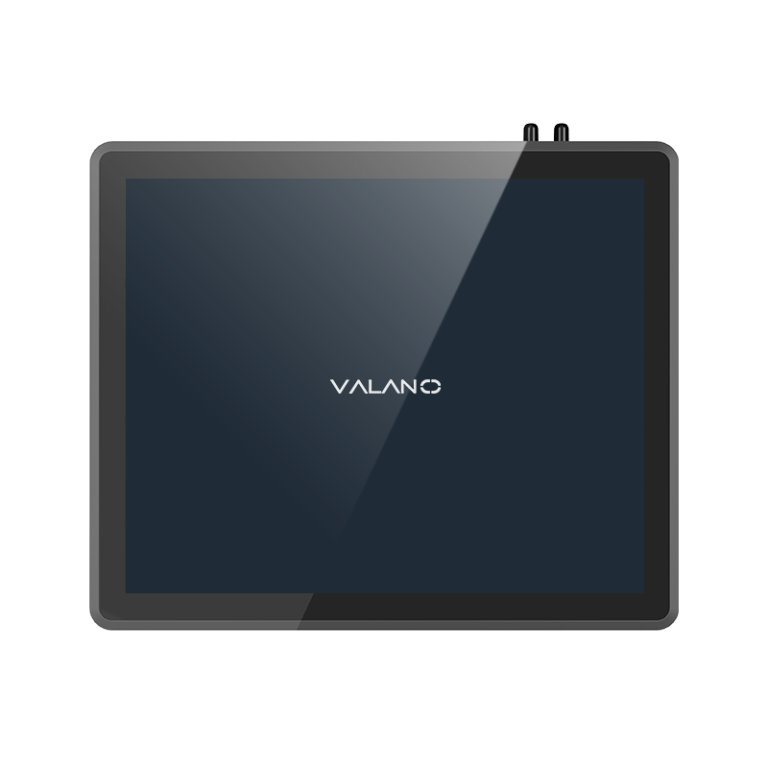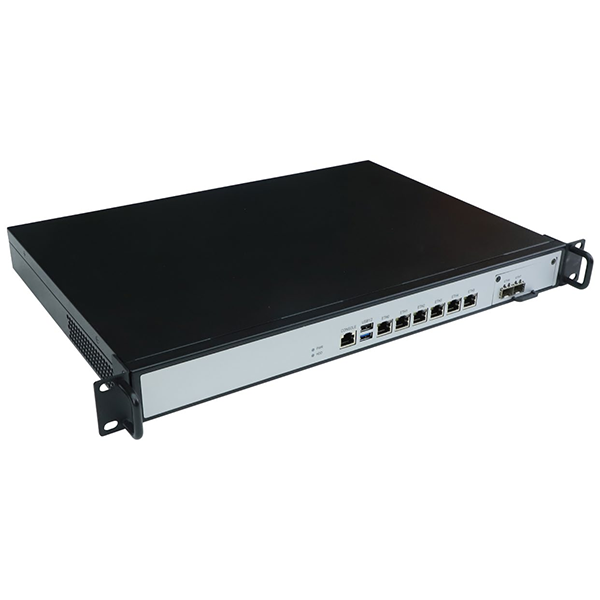From factory lines to remote oil rigs, industrial PCs quietly power the systems that keep our world rolling. These rugged computing systems are designed for harsh environments where standard commercial computers would fail within days, not for desk jobs.
So what makes an industrial PC different? How does it stand apart from the desktop sitting on your desk? Who buys and uses these devices in the real world?
In this guide, we’ll explore what an industrial PC is, walking you through its core parts, types, popular operating systems, and where it’s most effective. This is not just a definition; it serves as the primary framework for comprehending IPCs in real-world industrial environments.
What Is an Industrial PC?
An industrial PC (IPC) is a computer designed specifically for industrial applications. The device utilizes industrial-grade components to enhance its resistance to extreme temperatures, vibration, humidity, and contaminants like dust and debris.
Key characteristics include:
- Fanless Cooling Design :Industrial PCs often use passive cooling systems, eliminating the need for fans. This reduces dust accumulation, minimizes noise, and ensures stable operation in harsh environments.
- Rugged Industrial-Grade Components :Built with durable, high-quality components, industrial PCs can withstand vibration, extreme temperatures, and continuous operation, making them ideal for demanding industrial settings.
- Highly Configurable and Expandable :With multiple expansion options and flexible configurations, industrial PCs can be tailored to meet specific application needs, from additional I/O ports to specialized hardware modules.
- Reliable Performance and Robust Design :Engineered for both compactness and high performance, these PCs provide fast data processing and dependable operation, with protective designs to handle industrial conditions.
- Long Lifecycle and Easy Maintenance :Industrial PCs typically offer extended product lifecycles and long-term component availability, simplifying maintenance and supporting long-term system upgrades.
IPCs are designed for constant operation in extreme temperatures and humidity conditions, often mounted in tight spaces like control cabinets or machinery housings.
Benefits of Industrial PCs for Manufacturing
Industrial PCs are essential for manufacturing environments that demand durability and high performance. Built to withstand tough conditions like heat, dust, and vibrations, these rugged computers help streamline operations and improve productivity. Here’s why IPCs are a game-changer for manufacturing:
- Durability and Reliability:IPCs are designed to endure harsh factory conditions, reducing downtime and maintenance costs. Their long-lasting performance ensures your systems stay up and running.
- Real-Time Data Processing:With powerful processors, IPCs handle real-time data from sensors and machines, allowing for quick decision-making and error reduction in production lines.
- Customization and Flexibility:IPCs can be tailored to meet the needs of different manufacturing processes. Whether you’re managing CNC machines or robotics, IPCs can be equipped with the necessary I/O ports and software.
- Energy Efficiency:Modern IPCs are energy-efficient, lowering operational costs by using less power, helping your factory stay sustainable.
- Improved Monitoring and Control:IPCs enable remote monitoring of machinery and processes, allowing you to spot problems early and minimize costly downtime.
- Seamless Integration:IPCs easily integrate with existing automation systems and SCADA systems, ensuring smooth communication between machines and control centers.
- Enhanced Data Security:IPCs are equipped with advanced security features to protect critical data, helping manufacturers comply with industry standards and prevent cyber threats.
- Long Lifespan and Cost Effectiveness:With their extended lifespan, IPCs require fewer replacements, making them a more cost-effective solution over time compared to regular computers.
Industrial PC vs. Commercial PC: What’s the Difference?
| Feature | Industrial PC | Commercial PC |
|---|---|---|
| Durability | Built for extreme temperatures, vibration, and EMI | Standard use in climate-controlled offices |
| Lifespan | 5–15 years | 2–3 years |
| Cooling | Fanless design, passive heatsinks | Active fans |
| Mounting Options | Rack, wall, panel, DIN-rail | Desktop |
| System Recovery / Remote Control | BIOS-level remote access, watchdog timers | Typically lacks these features |
An industrial PC is designed to endure longer, work harder, and survive in environments that regular computers cannot.
Where Are Industrial PCs Used?
Industrial PCs are designed to function reliably in challenging environments where traditional computers would quickly fail. These rugged machines are essential in powering systems across various sectors. It endures extreme temperatures, shock, dust, and continuous uptime demands.
Industrial PCs are particularly effective in key industries and real-world applications. The following are the uses of IPCs:
Manufacturing & Industrial Automation.
- Machine Control: IPCs are used for machine control by directly interfacing with programmable logic controllers (PLCs), robotic arms, CNC machines, and motors.
- Human Machine Interface (HMI): The HMI is a technology that enables real-time visualization of factory processes through touchscreen panel PCs.
- SCADA Systems: IPCs are utilized in supervisory control and data acquisition platforms for real-time monitoring.
- Predictive Maintenance: IPCs utilize sensor data acquisition to anticipate potential failures in advance.
Why IPCs Work Here: IPCs are designed to withstand vibration, dust, and temperature extremes, and they support legacy serial interfaces like RS-232 and Modbus.
Transportation & Logistics.
- Fleet Management: It involves the use of in-vehicle embedded industrial computers to track, monitor, and optimize vehicle routes.
- Railway Systems: The system includes train control, GPS tracking, and station automation.
- Cold Chain Monitoring: IPCs operate in refrigerated trucks to ensure temperature compliance for perishables.
Why IPCs Work Here: IPCs are designed to withstand constant shock, vibration, and harsh environments such as roadside and mobile platforms.
Energy, Utilities & Oil & Gas.
- Remote Monitoring Stations: It is used to monitor pipelines, solar arrays, and wind turbines with IPCs operating in isolated locations.
- Power Grid Management: Edge nodes are responsible for processing sensor data in substations and smart grid applications.
- Drilling Rig Automation: IPCs are used in drilling rig automation to control equipment and collect safety-critical data.
Why IPCs Work Here: IPCs are effective in various environments due to their long lifecycle, fanless design, and wide operating temperature range. This makes it suitable for deserts, arctic zones, and offshore rigs.
Healthcare & Medical
- Sterile Environments: Fanless panel PCs are utilized in operating rooms and clean labs to prevent air circulation contamination.
- Diagnostic Equipment: IPCs are used as embedded controllers in imaging systems like MRI and CT, and lab analyzers.
- Mobile Medical Carts: IPCs are mobile medical carts that offer high-performance, quiet, and reliable computing in a mobile form.
Why IPCs Work Here: IPCs are designed for silent operation, with rugged construction and antimicrobial surfaces in some models.
Smart Cities & Public Infrastructure
Traffic Management: IPCs are used to collect and process sensor data for adaptive traffic systems.
Public Information Kiosks: Rugged panel PCs are used to withstand weather, vandalism, and outdoor use.
Environmental Monitoring: IPCs process and transmit real-time data from air quality, temperature, and flood sensors.
Why IPCs Work Here: IPCs are effective due to their compact design, low power consumption, and 24/7 operation capabilities in outdoor or unprotected areas.
Agriculture & Food Processing
- Automated Feeding & Irrigation: IPCs are used to manage smart systems in greenhouses and livestock facilities.
- Meat & Dairy Processing: Touchscreen panel PCs are used in meat and dairy processing to control machinery in washdown-safe, waterproof enclosures.
- Precision Farming: In-tractor IPCs are used to analyze data for seeding, fertilization, and yield optimization.
Why IPCs Work Here: Sealed enclosures are designed to withstand various environmental conditions such as moisture, temperature, humidity, and harsh sanitation chemicals.
Aerospace, Defence & Security
- Radar & Communications: Embedded industrial PCs are utilized in field communications, base stations, and surveillance for radar and communications purposes.
- Mobile Command Systems: IPCs are used in armored vehicles and tactical units for real-time processing.
- Unmanned Systems: This technology is utilized in drones, robots, and autonomous vehicles for advanced AI tasks.
Why IPCs Work Here: IPCs are certified for shock, EMI, and extreme conditions, including MIL-STD compliance. It is suitable for use in various environments.
How to Choose the Best Industrial PC?
When choosing an industrial PC from Valano, it is essential to consider the following factors:
- Asks about the operating environment, including temperature, dust, and shock exposure.
- Which form factor best suits your enclosure, vehicle, or panel?
- Do you require a fanless design for low-maintenance or sterile areas?
- Will your application run on Windows IoT, Linux, or an RTOS?
- What I/O ports are required, such as COM, USB, Ethernet, and GPIO?
Engage with a vendor who comprehends your industrial applications and can customize systems accordingly.
Conclusion
To ensure reliable operation in the world’s harshest environments, a more advanced computer is required than a standard PC.
A system that is designed for endurance, uptime, and seamless integration into mission-critical systems is required.
A true industrial PC serves as the foundation of contemporary industrial computing solutions. The platform combines hardware and software for a compact, long-lasting solution that can withstand extreme temperatures, vibrations, and continuous operation.
Valano focuses on designing purpose-built systems that enhance performance in various industrial settings, including factory floors, fields, and the interconnected industrial world.
FAQ
1. What is the difference between a PLC and an industrial PC?
A PLC (Programmable Logic Controller) is primarily designed for specific automation tasks, such as controlling machinery or production lines, with highly reliable real-time performance. An industrial PC, on the other hand, is a more versatile computing platform that can handle complex processing, data logging, visualization, and control, often supporting multiple applications simultaneously.
2. What are the benefits of an industrial PC?
Industrial PCs combine ruggedness, long lifecycle, and high reliability with powerful computing capabilities. They offer fanless designs for harsh environments, flexible configurations for different applications, and support for long-term maintenance, making them ideal for manufacturing, transportation, and other industrial sectors.
3. What is the difference between an industrial PC and a commercial PC?
Commercial PCs are designed for general office or home use and focus on cost and performance for everyday tasks. Industrial PCs, however, are built for durability and reliability in challenging environments. They use industrial-grade components, support longer lifecycles, and often include features like fanless cooling, expanded I/O options, and resistance to dust, vibration, and temperature extremes.




